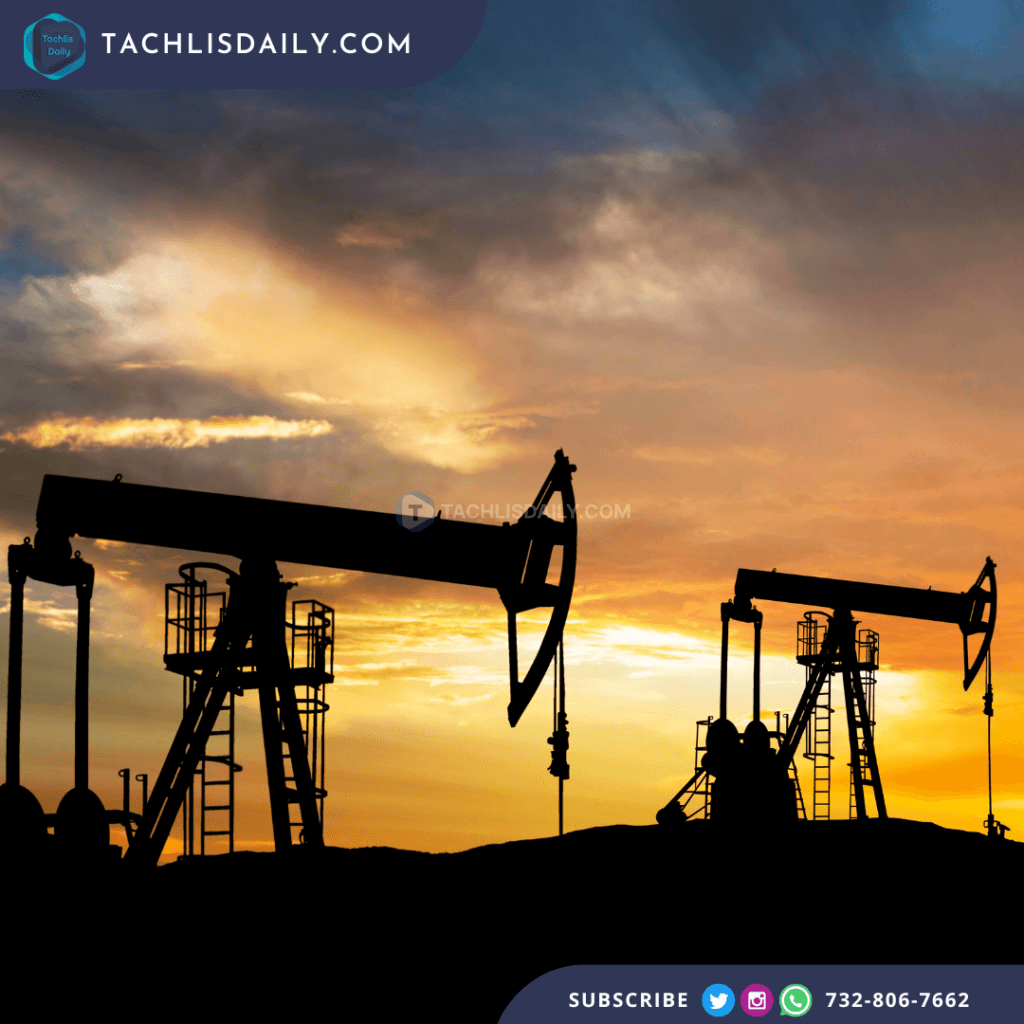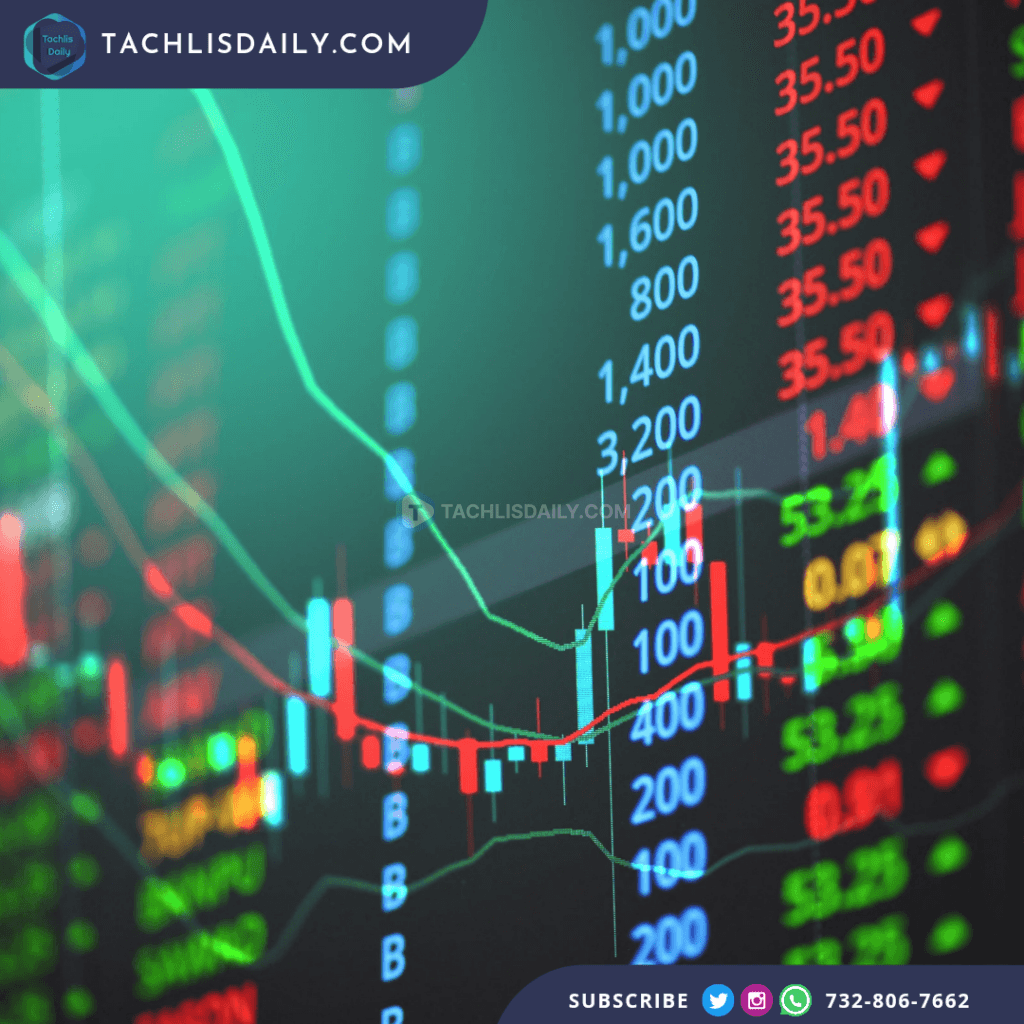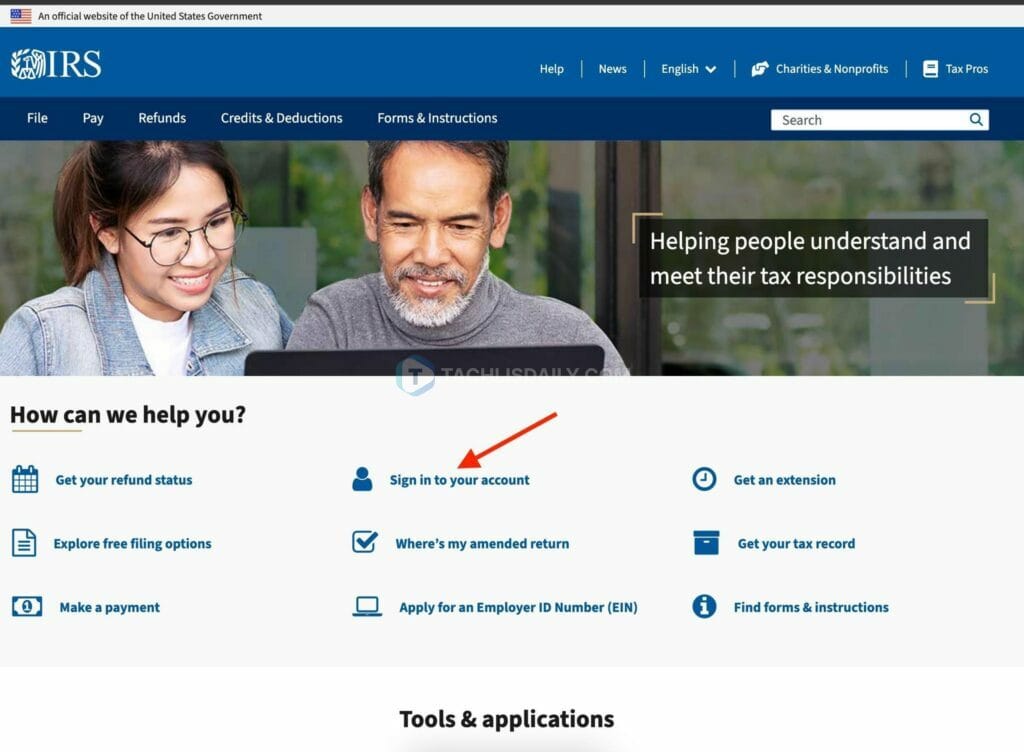The European Union is considering ramping up imports of U.S. liquefied natural gas as part of a broader strategy to respond to the economic pressure from President Donald Trump’s recent tariff measures. European energy commissioner Dan Jørgensen stated that while the bloc remains committed to its green energy transition, there is room for increased LNG purchases from the U.S.—but only under conditions that align with Europe’s climate goals.
This development follows Trump’s call for the EU to buy $350 billion in American energy, after he rejected a proposal from Brussels for a zero-tariff deal on industrial goods and cars. Although the U.S. is already the EU’s largest LNG supplier, making up 45% of its imports in 2024, Jørgensen noted that the Commission can only encourage private companies to sign contracts, as energy purchasing is largely market-driven.
At the same time, the EU is preparing for record growth in renewable energy, projecting 89 gigawatts of new capacity in 2025, including 70GW of solar and 19GW of wind. The push comes despite global economic instability and ongoing challenges such as permitting delays and grid bottlenecks, which have stifled the rollout of clean energy projects in recent years.
Jørgensen emphasized the urgency of reducing energy prices and cutting reliance on Russian fossil fuels, pointing out that since 2022, the EU has spent more on Russian fuel than it has on aid to Ukraine. He plans to announce the renewable energy figures at an upcoming conference in Copenhagen, aiming to bolster confidence among wind energy investors impacted by the ripple effects of Trump’s fossil fuel-focused trade agenda.
Industry leaders have voiced concerns over the long-term viability of Europe’s wind sector, warning of rising costs and supply chain disruptions. Solar energy growth has also sharply slowed, with year-over-year capacity increases dropping from 53% in 2023 to just 4% last year.
Despite these hurdles, the European Commission is moving to simplify renewable energy regulations, aiming to cut average permit wait times from several years to just six months. Jørgensen suggested the current economic turmoil could ultimately make Europe a more attractive destination for investment, describing it as a “safe haven” amid global uncertainty.











